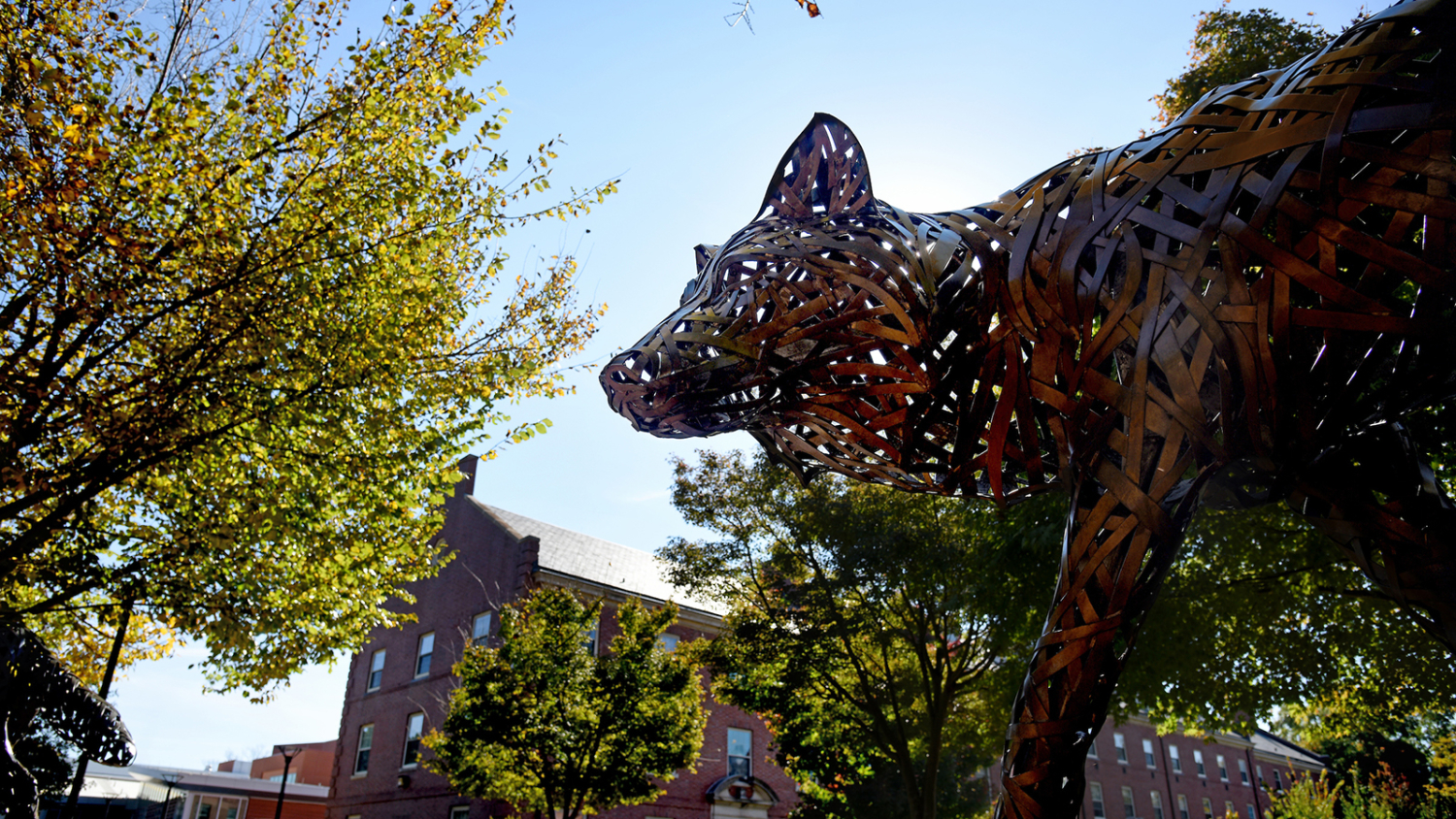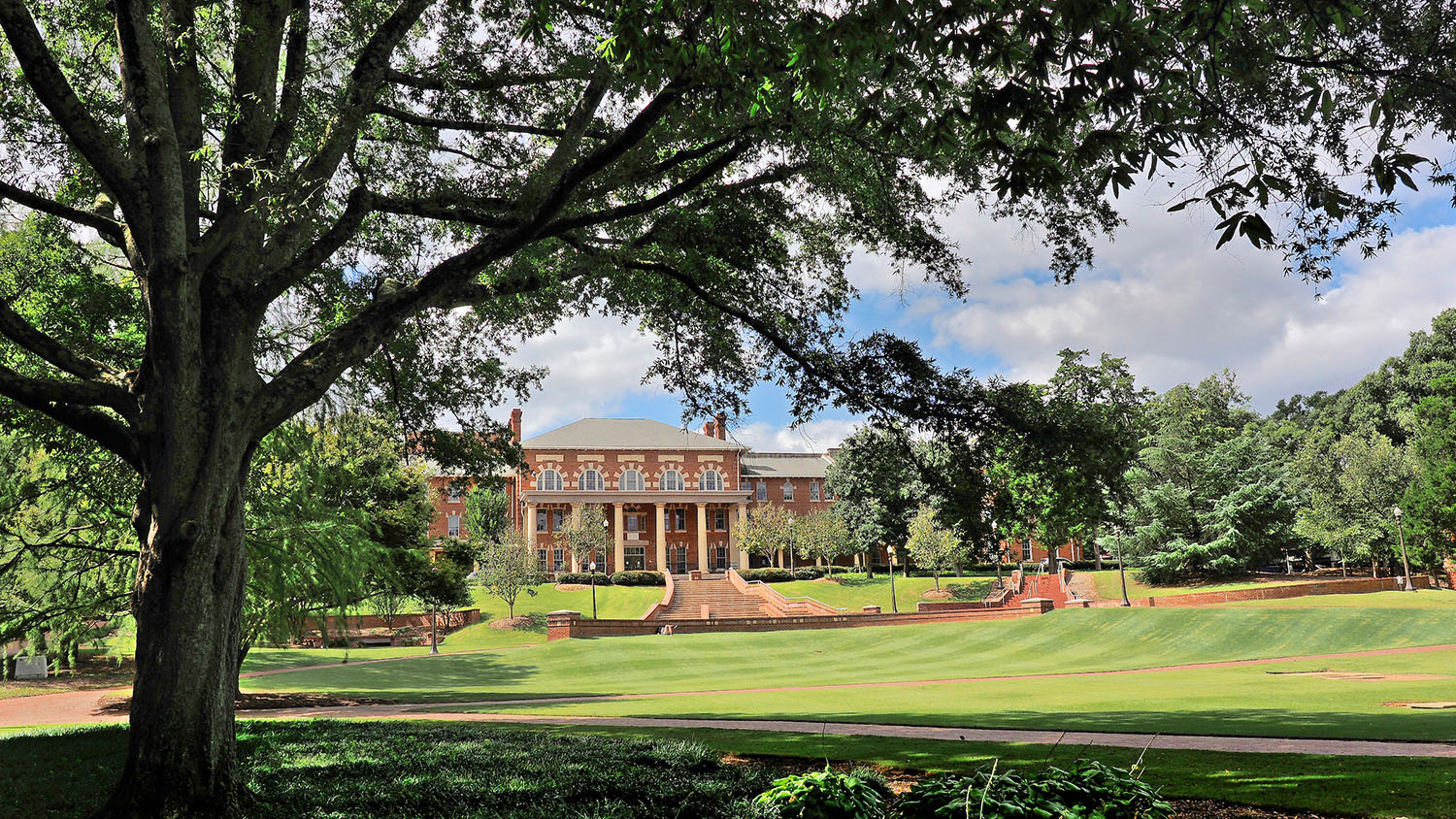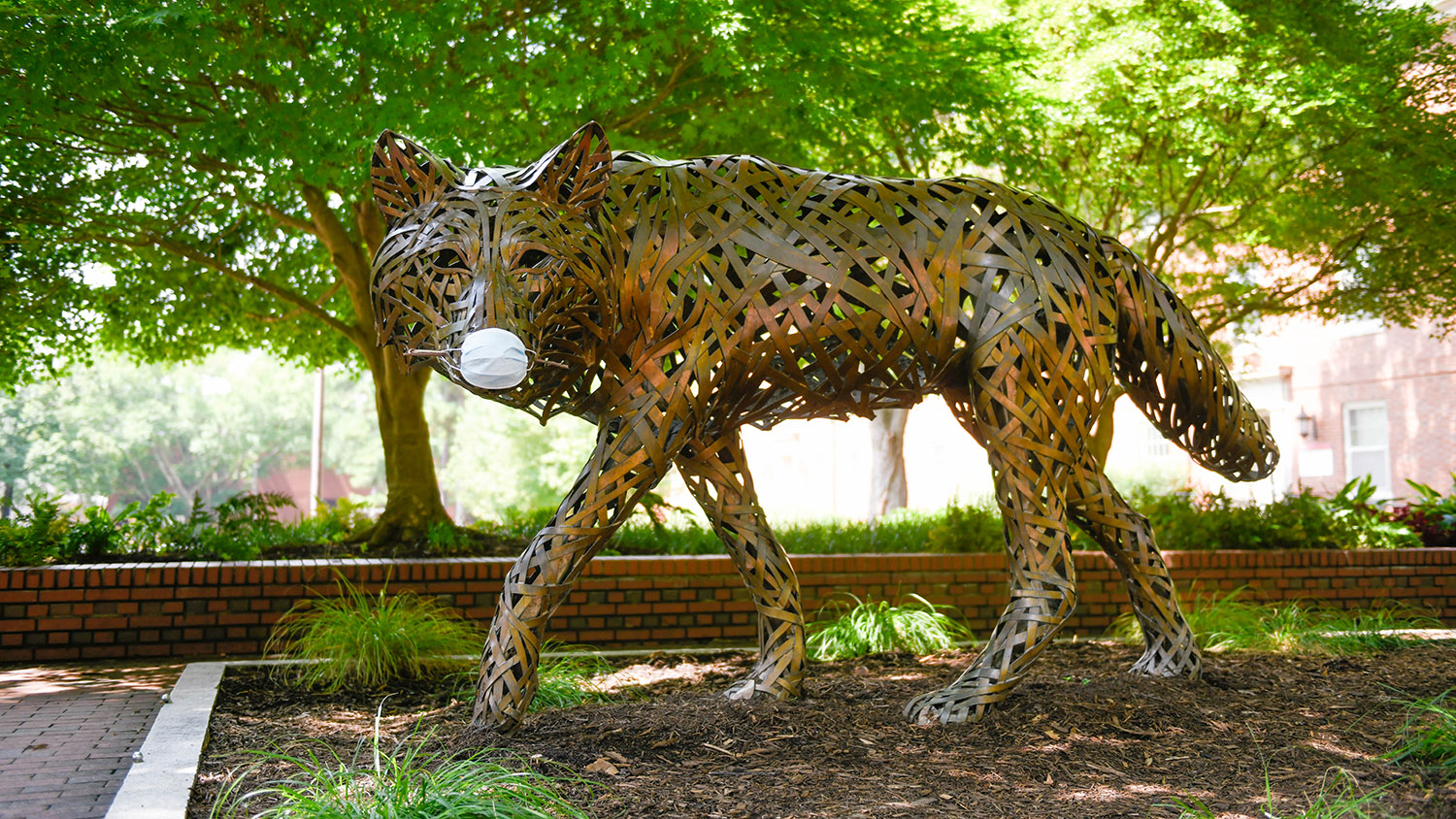Faculty Building Bridges to East Africa
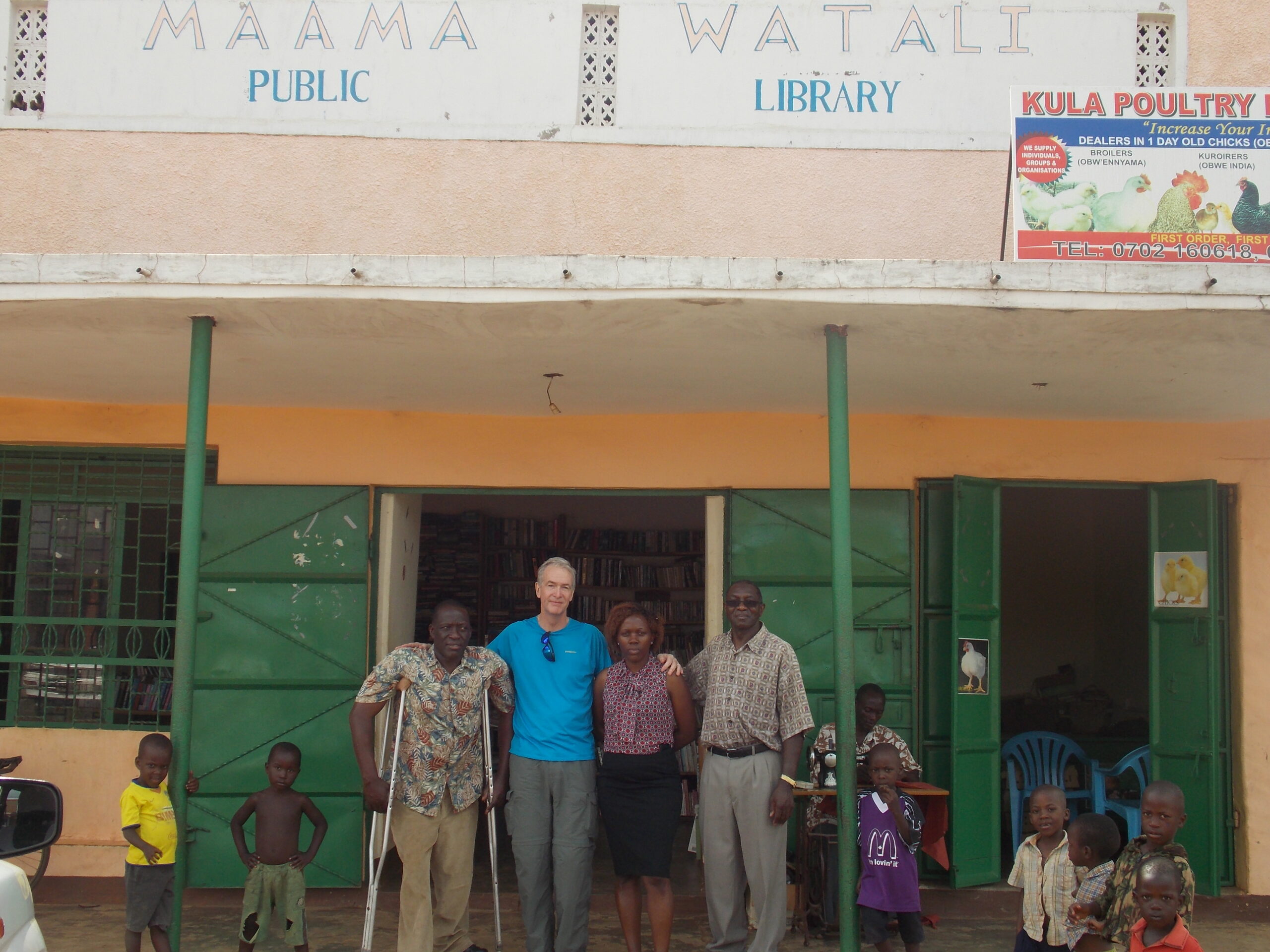
Imagine a program within the university that offers greater possibilities for interdisciplinary research and service learning with global connections. Dr. James Kiwanuka-Tondo, Dr. Sheila Smith McKoy and other faculty members at NC State University have been working to do just that with an effort to establish a hub for collaborative research and service learning in East Africa. Burundi, Ethiopia, Kenya, Rwanda, Tanzania and Uganda are the East African countries specifically involved in this initiative.
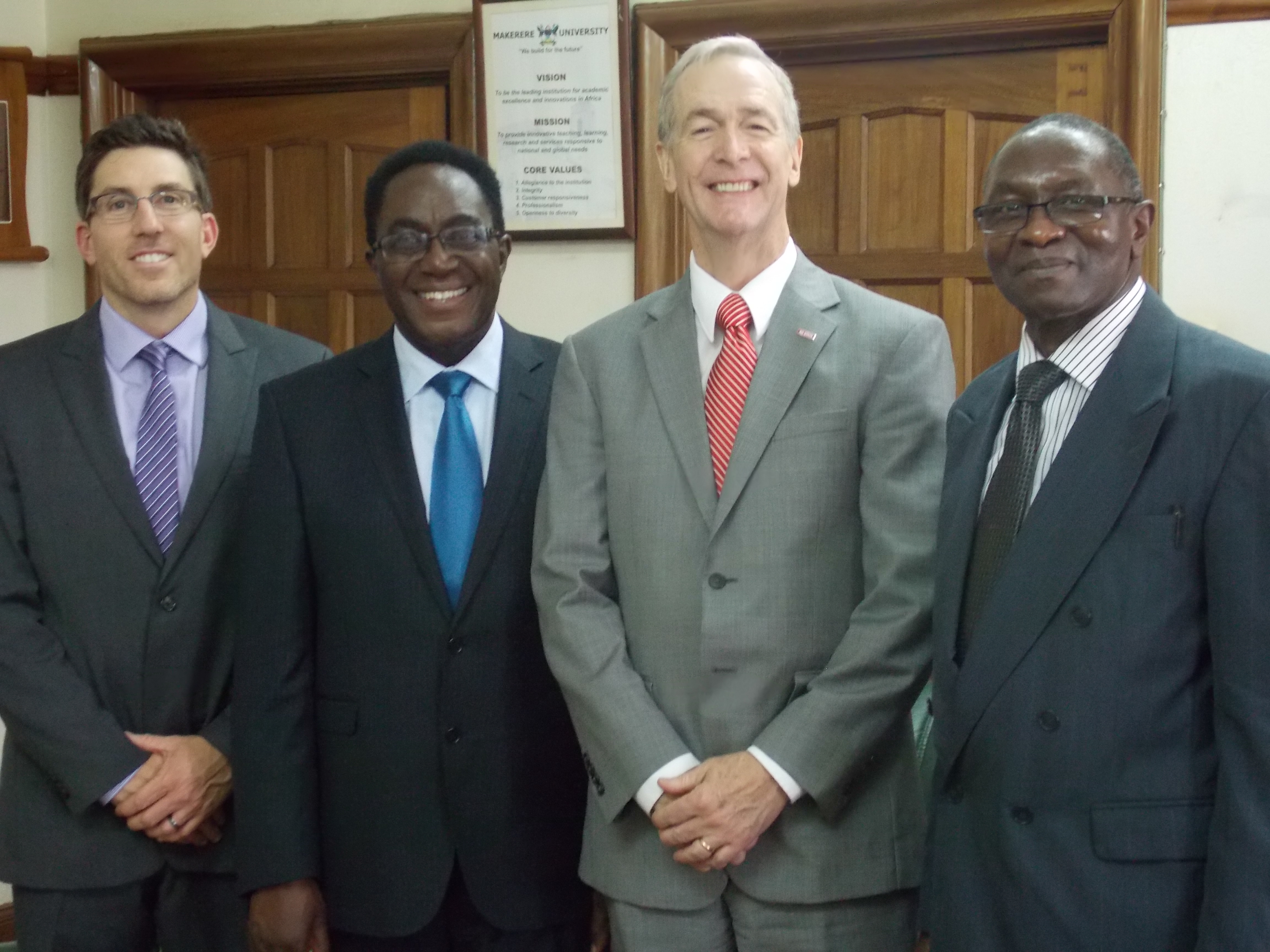
After three years of working towards ties in East Africa, a five-year memorandum of understanding was signed with Makerere University in Uganda in September 2015. Establishing concrete ties within those five years is important to achieving success. A memorandum of understanding was also signed with The AIDS Support Organization, which is the largest AIDS organization in sub-Saharan Africa and provides opportunities for internships and service learning for students. Efforts are currently under way to involve Maama Watali, which is a non-profit organization that also provides service learning opportunities for students. The service agreements and the collaborative research are equally important parts of the initiative.
A delegation of 10 faculty members and one staff was led by Humanities and Social Sciences Dean Jeff Braden. Dr. Kiwanuka-Tondo, associate professor in the Department of Communication, Dr. Sheila Smith McKoy, associate professor in the Department of English, Dr. Derek Aday, professor and assistant dean in the College of Agriculture and Life Sciences, Dr. Juliana Nfah-Abbenyi, assistant dean for diversity in CHASS and distinguished professor in the Department of English, and Dr. Clifford Griffin, associate professor of political science, have all played vital roles in establishing ties for research in the region. Even though Humanities and Social Sciences has led this initiative, it is not just about humanities and social sciences research opportunities. It is about giving faculty and students an opportunity to conduct collaborative, interdisciplinary research. There are also opportunities for research in departments across the university. Natural resources, veterinary medicine, agriculture and life science are a few of the colleges that have interests in collaborative studies with East Africa.
Agreements for collaborative research rarely include a wide range of disciplines, and the members of the delegation want to use the opportunity to its fullest. In November, Dean Braden organized a brown bag meeting in Caldwell Lounge to discuss the initiative with faculty members across campus. About 24 people attended, and those who were on a prior visit shared their experience. This opened up doors for more disciplines to join in the initiative.
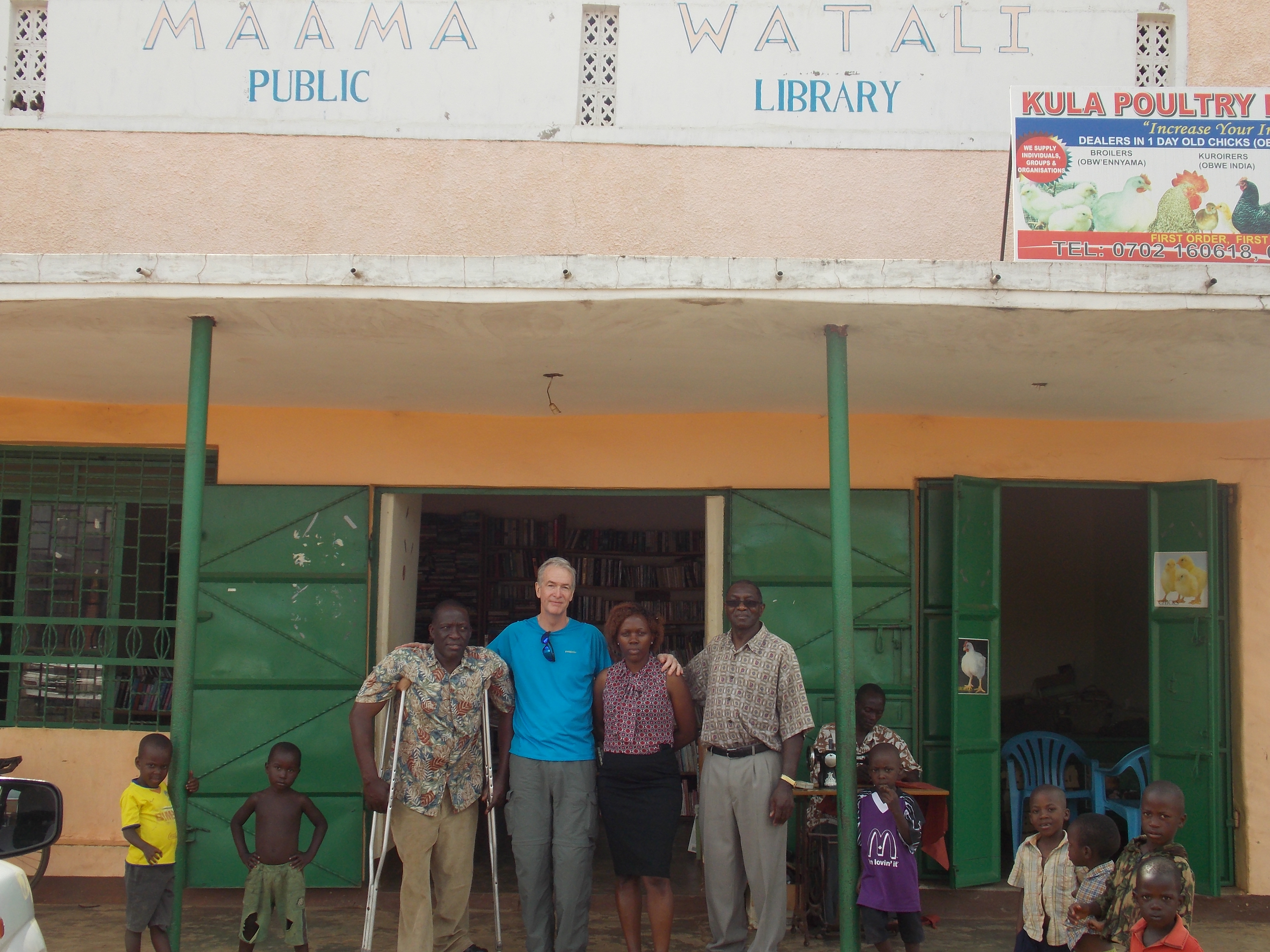
While there are challenges because Uganda is a developing country, there are benefits also, such as research and service learning opportunities with non-governmental organizations, such as Maama Watali and The AIDS Support Organization. It also has room for growth and engagement that is not found anywhere else. Misconceptions about Africa have also been a challenge that has to be overcome. People often talk about Africa as one country instead of a continent with many countries and do not acknowledge the differences.
Funding has been the most prominent challenge in this initiative. The Office of International Affairs has some funds specifically set aside for this, and Dean Braden has used some of his own funds to support faculty visits to Uganda.
“As others see the opportunities, hopefully, foundations will show support and grants will be given to strengthen the relationships that have begun to form,” Dean Braden said.
“In order for this to work, we need follow-up trips and funding for faculty and students to travel,” said Dr. Kiwanuka-Tondo.
“The bridge has been built. It is now up to us to get traffic flowing,” said Dean Braden.
- Categories:
